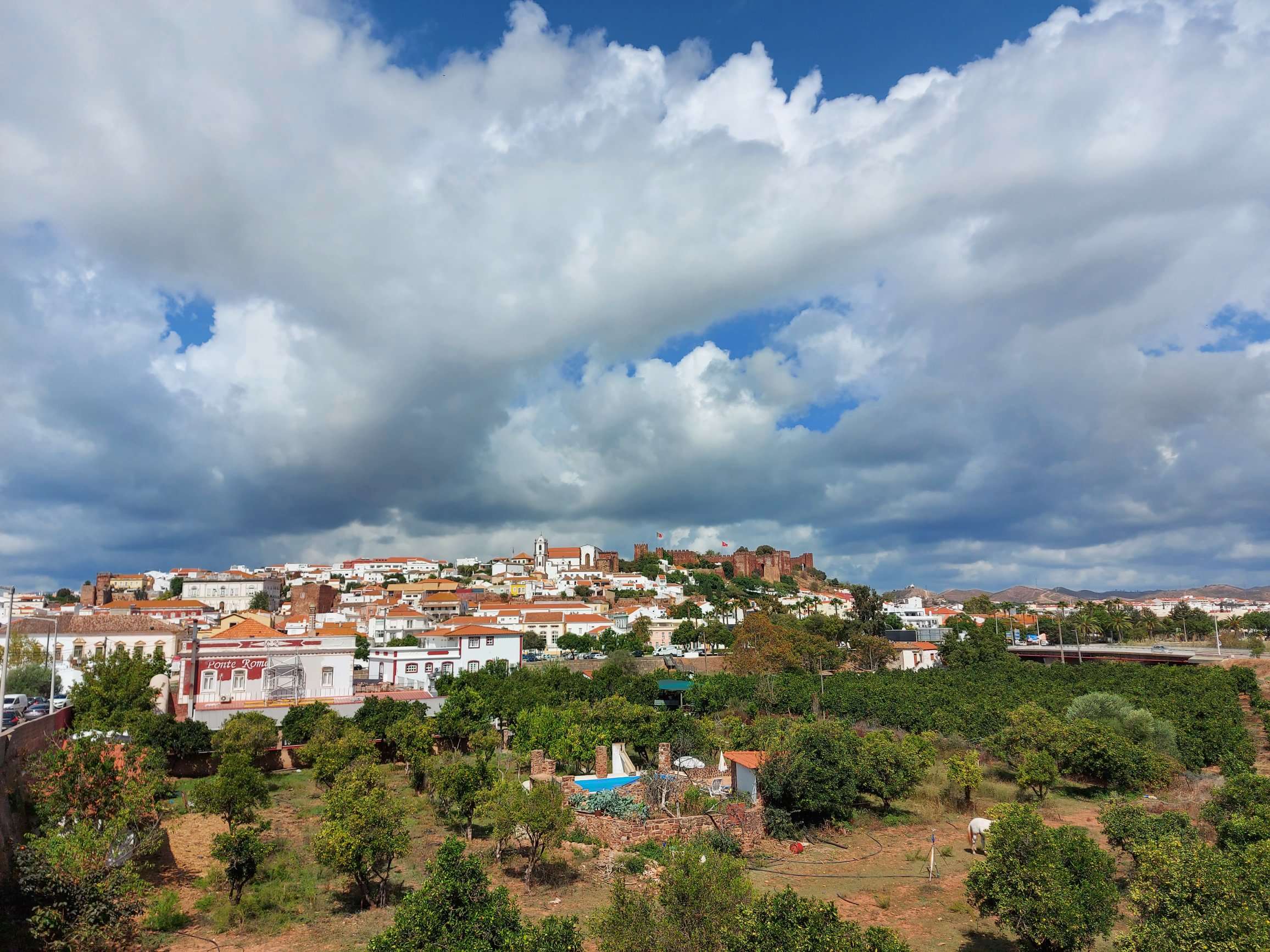Decree-law goes back to president for promulgation
Parliament has today approved amendments to the bill that allows rustic land to be reclassified as urban land for housing – in part for “affordable rent” and “controlled cost” construction.
Decree-Law 117/2024 of December 30 technically came into force on January 29 but there have been so many questions/ doubts swirling that it was referred for parliamentary appraisal, allowing for amendments (which did not suit all parties even so).
Before the final overall vote, Bloco de Esquerda presented a request to recall to parliament amendments it proposed (trying to ensure reclassification could not cover any REN or RAN land, National Ecological Reserve and National Agricultural Reserve), while PCP communists also made a bid for areas it wanted to see ‘prohibited for building’ no matter what. Neither were successful.
PS Socialists had more luck – their amendment proposals to replace the government’s original wording of ‘moderate value’ housing with “affordable rent” and/ or “controlled costs” was accepted by the ruling PSD.
Says Lusa, the special reclassification regime ensures that at least 700/1,000 of the total above-ground construction area is destined for “public housing, affordable rent” or “cost-controlled housing” and that “general and local infrastructures exist, or are guaranteed”.
The reclassification must also be “compatible with the local housing strategy, municipal housing charter, where one exists”, and “complementary uses are considered to be all functionalities in a relationship of dependence or complementarity with the purpose of housing, and cannot be in conflict with it”.
The territorial criterion of “contiguity with urban soil, as consolidation and coherence of the urbanisation to be developed with the existing urban area” has also been ensured.
The reclassification of land cannot cover areas of REN, like land and sea strips of coastal protection, beaches, salt marshes, coastal and fossil dunes, cliffs, watercourses, lakes and lagoons, reservoirs and areas threatened by the sea and floods, and “strategic areas of infiltration and protection and recharge of aquifers”, at “high risk of water erosion of the soil” and with “instability of slopes” must also be excluded.
The reclassification cannot cover ‘land classified as class A1 or soils classified’ as class A and B, which ‘must remain as RAN (National Agricultural Reserve)’, and in areas included in REN (National Ecological Reserve) and RAN, measures must be planned and implemented to “safeguard the preservation of fundamental natural features and functions”, and to “prevent and mitigate risks to people and property”.
But in the committee stage debate and vote, the proposal that reclassification of land classified as class A, B, C, Ch, D or E in RAN should be accompanied by a detailed technical report, analysing the environmental, social and economic impact, among other statements, was defeated.
The reclassification must demonstrate the impact on existing infrastructures, as well as the costs of reinforcing these infrastructures and their maintenance, as well as “economic and financial viability”, with identification of those responsible for financing and “demonstration of contracted sources of funding and public investment”.
MPs approved the repeal of the possibility of building housing for agricultural workers outside existing urban areas, but refused to allow the reclassification of rustic land to be “exceptional, limited to cases where there are no available urban areas”.
The 20% increase in the construction index, when intended for affordable rentals or housing at controlled costs, the need for a non-binding opinion from the Regional Coordination and Development Commission (CCDR) on land that is not exclusively publicly owned, and the convening of a procedural conference prior to issuing an opinion were also enshrined in the new law, which will remain in force for four years, and be backdated to December 31, 2024.
All that remains is for the law to reach President Marcelo, be promulgated and published in State gazette Diário da República. ND
Source material: LUSA



















